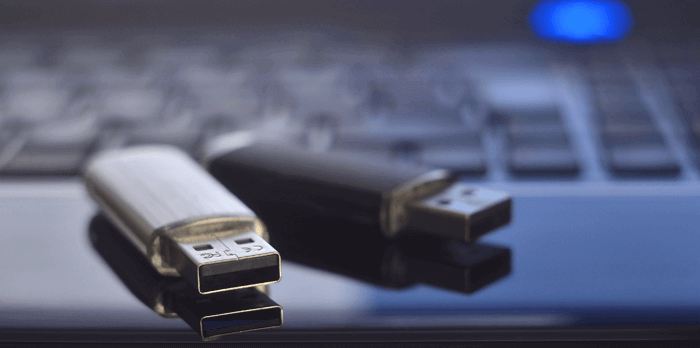When you are doing a field test, and you need to record data precisely such as humidity or temperature, you need to have a device to help you achieve that. You will need a tool that can record everything while you take down notes or do other things with your work, and that tool is what you would call a data logger.
In most cases, data loggers are bulky, and you would have no way of carrying it unless you have a backpack, which is still heavy. However, you can say goodbye to big data loggers because you have the option to get a USB data logger to record different parameters. If it is your first time buying one, no need to fret because you have helpful tips to ensure you get the perfect one.
Table of Contents
Ensure Measurement Accuracy
Before looking at anything else, you need to make sure the USB data logger you purchase has an exceptional measurement accuracy. Some people tend to overlook the measurement accuracy because they think that every data logger can provide the same measurements, which is not the case.
A good tip when checking the accuracy of a specific data logger, make sure you look for charts that specify accuracy over an entire measurement range and not just one value. You should know that a data logger’s accuracy to achieve the high or low end of a specific range can be completely different from the middle range’s accuracy.
Durability
If you move around during field tests frequently, you need to make sure that your data logger is durable enough to withstand any environment it stays in. When conducting tests within a confined space such as hallways, offices, or schools, you can choose a data logger with a hard plastic cover.
But if your field tests require you to be outdoors, your data logger will probably need a moisture-protective cover to prevent water from damaging its internals. Before you buy the USB data logger, you have to ask the supplier if it comes in different cases because they might have specific covers that will fit the environment you are conducting a field test on.
A USB data logger is small, so you need to take care and store it properly to avoid damaging it. Even something as simple as accidentally sitting on it can cause significant damage to the internal and external parts.
Battery Lifespan
Besides the durability and measurement accuracy, you also have to consider the battery life of your USB data logger. A time may come where you will take a few hours conducting field tests, so you need to trust your data logger that it will not die out when you need it.
Generally, data loggers have a year’s worth of battery lifespan, but it will also depend on how you use it. There is even a possibility that it can last for more than a year if you seldom use it. While you are at it, you should ask if your USB data logger has an interchangeable battery to replace whenever it dies out. Doing so can help you save tons of money instead of buying a brand new USB data logger.
The tips mentioned are some of the essential tips when buying a USB data logger. Most experienced buyers would remember the tips to ensure they get the right one to suit their needs. However, you need to choose a trustworthy seller if you want it to operate efficiently and last longer.

